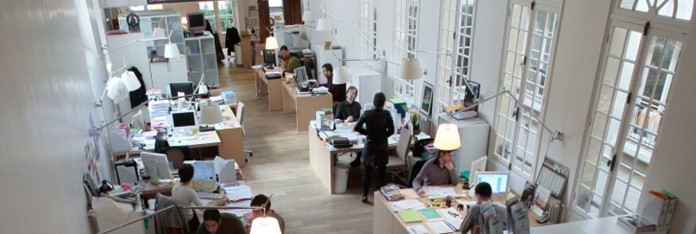Liberia Improves In 2023 Press Freedom Index
Even though Africa is being termed as the “new disinformation and propaganda laboratory”, with countries like Senegal, Cameroon, Burundi, Central Africa Republic, Mali, Burkina Faso, Ethiopia, DR Congo, Kenya, Rwanda, etc. being hooked for harassing journalists and using the media as a propaganda tool, the Reporters Without Borders (RSB) is reporting that Liberia has made significant improvement toward freedom of the press in 2023, further climbing from 75th place in 2022 to 66th in 2023, with zero journalists or media workers killed or detained.
Reporters Without Borders is a media advocacy group that lobbies governments and international bodies to adopt standards and legislation in support of media freedom, and takes legal action in defense of journalists under threat. In addition, it keeps a yearly count of journalists killed on the job.
According to the group’s 2023 Press Freedom Index, Liberia recorded improvement in all the indicators: political, economic, legislative, social and security.
“Since the mid-2000s, the political stability that flourished in the aftermath of the Liberian civil war has favored the growth of the press. Nevertheless, attacks on journalists continue with complete impunity,” the RSB 2023 Press Freedom Index observed.
“With more than 40 newspapers and magazines, some 130 radio stations, a few TV channels and a significant number of online media outlets, the Liberian media sector has enjoyed a boom for the past 20 years, aided by the socio-political stability of the post-civil war (1999—2003). Radio continues to be the main news source,” the index noted.
However, from the political context, it was pointed out that many politicians have taken advantage of a law facilitating the creation of media companies, and have put relatives or close associates in charge of the media they created, which has not only contributed to the proliferation of media outlets but has also strengthened politicians’ power to influence their content. “The government continues to exert control over state-owned media, while local officials often control the content and operations of community radio stations,” the index added.
“Legal framework: the legislative environment has seen a notable improvement in recent years. A 2018 press law eliminated the crimes of sedition and defamation of the President. The Constitution guarantees freedom of expression, press, and information. A law on access to information has been adopted. A National Media Council, created in 2016 by the Press Union of Liberia (PUL), the journalists’ trade union, enables media outlets to self-regulate with a code of conduct.
“Economic context: the economic environment continues to be problematic and the advertising market is very tight. Media critical of the authorities get no access to advertising from large state-owned companies, which is allocated by the Ministry of Information. Journalists are among the country’s lowest paid professionals, and news sites often have to publish PR pieces in return for financial assistance—a practice that compromises media independence.
“Social context: some topics are still considered off-limits in the media, especially female genital mutilation and matters involving freemasonry. Journalists who tackle these subjects face threats, making self-censorship fairly widespread.
“Safety: law enforcement is the main source of security problems for journalists. Several police attacks on journalists in 2021 went completely unpunished. Between June and July 2022, a female investigative journalist was sentenced to a month in prison on a charge of ‘disorderly conduct’ in an incident involving a politician, and three other reporters were attacked by security personnel or a presidential aide.”
Meanwhile, the European Union and its member states represented in Liberia (Germany, Ireland, France, and Sweden) and the Embassy of the United States of America have welcomed the positive trajectory of increased press freedom over the past five years, as demonstrated by the Reporters Without Borders (RSF) Press Freedom Index.
In a joint statement issued over the weekend, the EU and US embassy in Liberia said, “At the same time, we call on all citizens and stakeholders to respect the exercise of press freedom and to exert proportionality in, and refraining from, measures that could indirectly prevent media stakeholders from carrying out their work. We trust that Liberia will carry out the electoral process without any incidents against media stakeholders, thereby reaffirming and strengthening its reputation as the oldest liberal democracy and free society in Africa. All citizens and stakeholders do have a responsibility in this regard.”


